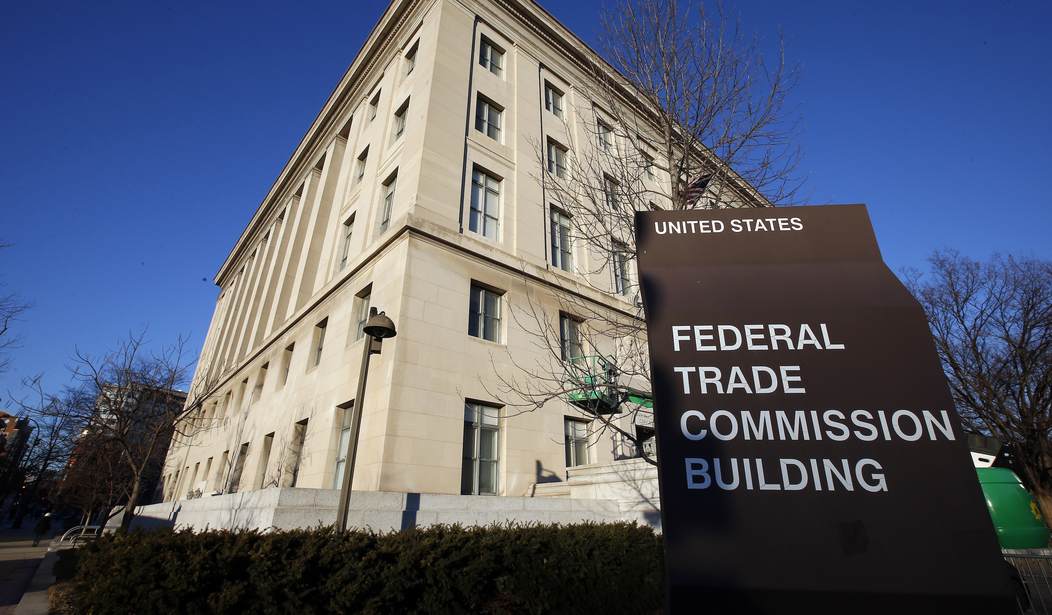In a split decision vote on Tuesday, the Federal Trade Commission voted 3-2 to eliminate the ability of employers to enact or enforce a non-compete agreement on current or former employees, which would prevent them from working for potential competing companies or starting their own competing company after leaving a job.
According to the FTC, approximately 18 million workers in America are covered by these agreements, which equates to roughly 30 million people. This final ruling would eliminate all new noncompete agreements for workers and it would force these companies to allow current and former employees know that they won’t enforce them.
Additionally, they will also have to eliminate existing agreements for most employees, although the agreements may remain in effect for senior executives.
“It is so profoundly unfree and unfair for people to be stuck in jobs they want to leave, not because they lacked better alternatives, but because noncompetes preclude another firm from fairly competing for their labor, requiring workers instead to leave their industries or their homes to make ends,” FTC Commissioner Rebecca Slaughter (D) said in prepared remarks.
The FTC's new rule will go into effect in 120 days when it is published in the Federal Register, however, the fate of the ruling is most definitely uncertain as special interest groups that oppose the rule, like the United States Chamber of Commerce, have all signaled their intention to sue the FTC to prevent the rule's enactment.
Pro-business groups like the Chamber of Commerce all say that the rule targets businesses that are simply trying to prevent intellectual property or information and also calls into question the FTC's authority to retroactively kill agreements that were made before they voted to eliminate the rule.
Chamber President and CEO Suzanne Clark called the FTC vote to ban noncompetes “a blatant power grab that will undermine American businesses’ ability to remain competitive.”
“This decision sets a dangerous precedent for government micromanagement of business and can harm employers, workers, and our economy,” Clark said. “The Chamber will sue the FTC to block this unnecessary and unlawful rule and put other agencies on notice that such overreach will not go unchecked.”
The two dissenting commissioners on the FTC both say that they don't support non-compete agreements entirely across the board, however, they do believe that the FTC lacks the authority to enact such a ruling without first getting Congress to enact legislation to do so.
“Beginning with policy puts the cart before the horse,” FTC Commissioner Andrew Ferguson (R) said. “No matter how important, conspicuous and controversial the issue, and no matter how wise the administrative solution, an administrative agency’s power to regulate must always be grounded in the valid grant of authority from Congress. Because we lacked that authority, the final rule is unlawful.”
Any legal challenges brought against the FTC's ruling will join a long line of others that challenge President Joe Biden's administration on what is perceived as anti-business policies and rules that the FTC has rolled out in the last few years. Rules that aim to eliminate alleged corporate price gouging, junk fees, and now, anti-competitive policies.
Just last month, the Chamber of Commerce sued the Consumer Financial Protection Bureau for enacting a rule that would limit credit card late fees to $8 for the largest issuers.
Biden and his administration have long taken a perceived anti-business stance, arguing that agreements like these stifle competition, lowers wages, and limits the ability of the employee to move around in the marketplace.
With the 2024 General Election looming on the horizon, the ruling puts employee and employer rights in the spotlight. It also highlights the effect that this ruling has on the economy. In January of 2023, when the rule was first proposed, it was estimated that it would generate at least $300 billion in earnings for employees every year. When the public comment period for the rule opened shortly after it was introduced, approximately 26,000 comments were supportive of it, and according to FTC Chair Lina Khan, the 26,000 comments made up "the bulk" of the total comments.
Former President Donald Trump and President Biden are essentially neck and neck in the polls for President. The ruling by the FTC just makes the election that much more contested as the policies of both candidates differ when it comes to the economy and workers' rights. However, the public perception of the economy under Biden is overwhelmingly negative. According to Brookings, the consensus on national polling shows that Trump has the most favorable rating regarding the economy, with only 38% of respondents saying the economy is good under Biden.















Join the conversation as a VIP Member